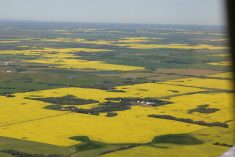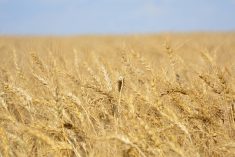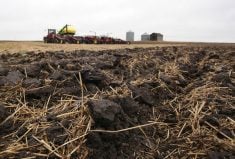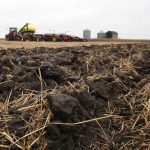REGINA – Western Canadian biofuel promoters are not pleased with how federal and provincial support programs are unfolding.
On April 1, the federal government is set to launch its $1.5 billion EcoEnergy for Biofuels Initiative.
Gordon Quaiattini, president of the Canadian Renewable Fuels Association, said the program will put Canadian plants on equal footing with their U.S. counterparts by providing a subsidy of up to 10 cents per litre for ethanol and 20 cents per litre for biodiesel.
“Is that enough? It’s a good start,” he told delegates at the Canadian Renewable Energy Workshop. But those attending the conference said while the program is well intentioned, the delivery mechanism is convoluted and won’t result in the kind of support promised in the 2007 federal budget.
Read Also
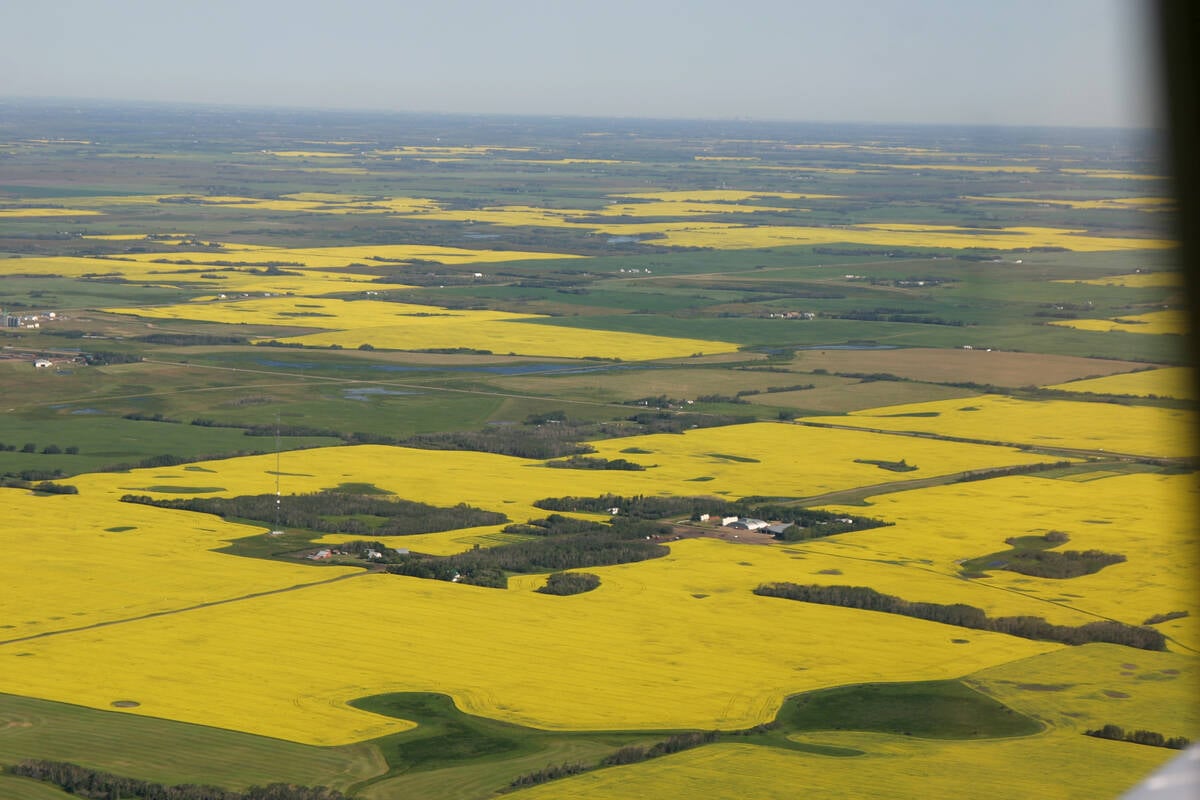
Increasing farmland prices blamed on investors
a major tax and financial services firm says investors are driving up the value of farmland, preventing young farmers from entering the business. Robert Andjelic said that is bullshit.
Jeff Kraynyk, biofuel manager with the Manitoba department of science, technology, energy and mines, said producers he has spoken to have expressed concerns.
“One of the big ones is the uncertainty of the incentive.”
Payments are based on a formula that compares individual profitability calculations against a federal model of industry profitability. Kraynyk said it is a complicated formula that leaves plants and their financial institutions wondering how much support they will get.
By comparison, their U.S. counterparts can go to the bank with a straightforward 51 cents US per gallon subsidy for ethanol and $1 per gallon for biodiesel.
“The Canadian federal government incentive just doesn’t have that certainty,” Kraynyk said. Small plants are particularly concerned about the federal formula. They feel their profitability calculation will be dwarfed by what big plants submit when it comes to the weighted average portion of the formula.
Quaiattini said progress has been made on improving the formula.
The original version would have seen Ottawa pay out only 50 percent of the incentive with the provinces picking up the rest. His association convinced the federal government to get rid of that limitation.
Judie Dyck, president of the Saskatchewan Biofuels Development Council, agreed the formula has been improved but it is far from perfect.
“We’re still concerned about regional biases and the complexity and bankability of the program.”
She said it should be feedstock-neutral but it isn’t. Differences between feedstock prices will water down support for western Canadian wheat ethanol plants versus eastern Canadian corn ethanol plants. The same disparity holds true for canola biodiesel versus animal fat biodiesel.
Dyck is also concerned about the inclusion of provincial support in the federal formula, which creates the potential for interprovincial trade barriers.
“We want a national program,” she said.
“We want to see the language of the March budget. And keep it simple.”
Provincial subsidy programs have also been plagued by implementation problems.
“The investment climate has changed, not only in Saskatchewan but across Canada, primarily due to high grain prices,” Saskatchewan enterprise and innovation minister Lyle Stewart told delegates.
“This has caused potential farmer investors to consider other types of investments over biofuels.”
At the urging of the Saskatchewan Biofuels Development Council, the province recently amended its four-year, $80 million Saskatchewan Biofuels Investment Opportunity Program.
“We expanded the definition of what we consider an eligible community investor. We also decreased the amount of farmer or community equity required for a project to receive the maximum benefits of the program, from 50 percent to 20 percent,” said Stewart.
The province also increased the minimum program contribution to five cents per litre from two cents.
During the question session Stewart committed to bringing in new tools to attract urban investment into the industry, pursuing the creation of a flow-through tax provision with the federal government and to sitting down with producers in the Moosomin area to see how the SaskBio program could be tweaked to accommodate investors from Manitoba.





